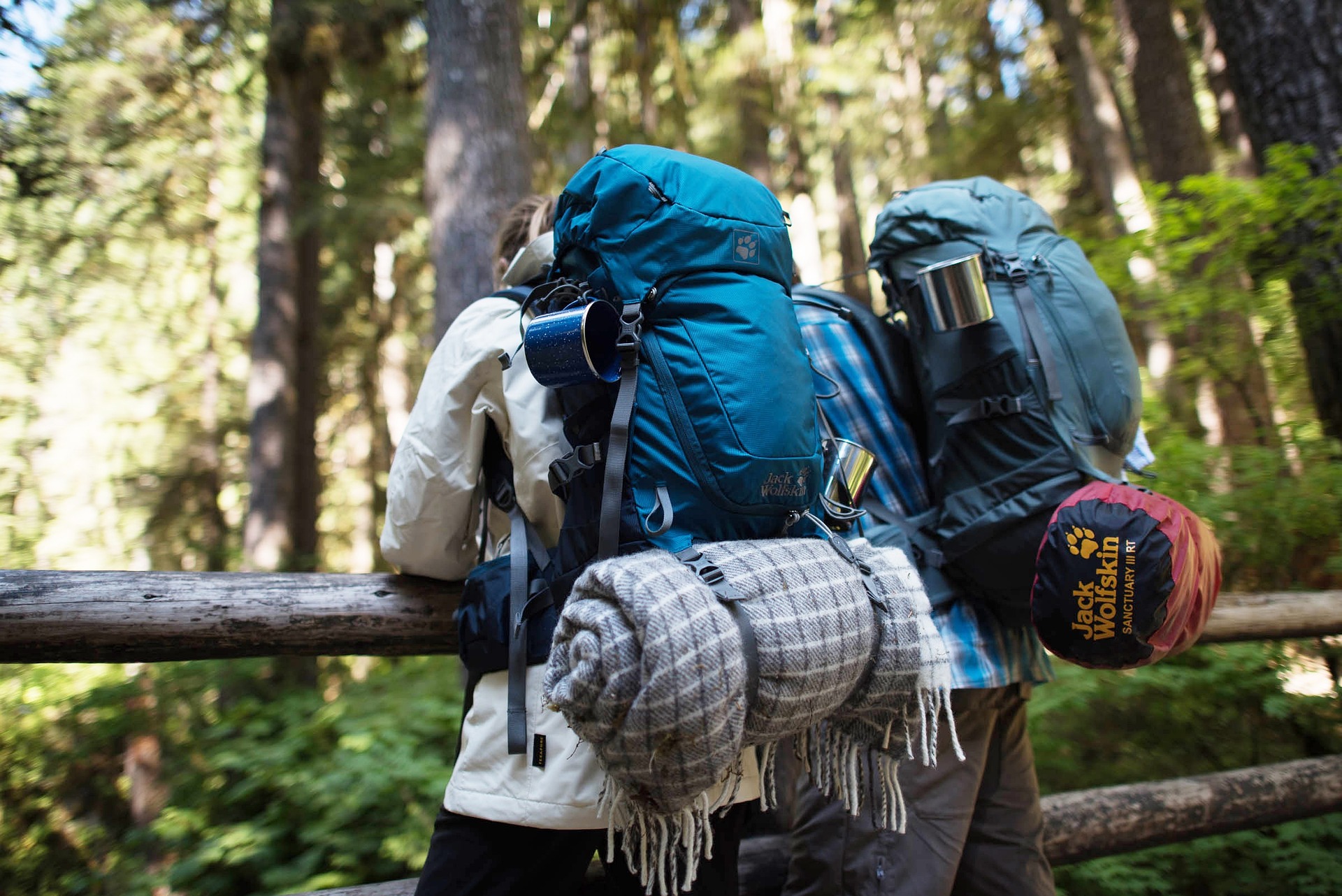Overlanding: The Ultimate Adventure in Self-Sufficient Travel
In a world where travel trends seem to change as quickly as the tides, one trend has been making a slow yet steady rise, captivating the hearts and minds of adventure seekers around the globe. Overlanding, the practice of self-reliant adventure travel to remote destinations where the journey is as important as the destination, is redefining the essence of exploration.
The Origins and Growth of Overlanding
Overlanding traces its roots back to the great African safaris of the early 20th century when adventurers traversed the wild terrains in their robust vehicles, exploring uncharted territories. Over time, this style of travel has evolved, becoming more accessible, and has started to gain popularity across various continents.
In the past decade, the growth of overlanding has been remarkable. The combination of increased accessibility, technological advancements in outdoor gear, and the human yearning for authentic experiences has made this travel trend not just viable, but also highly appealing to a growing number of travelers.
Overlanding in Today’s Travel Landscape
Today, overlanding is often associated with modified four-wheel-drive vehicles or adventure motorcycles equipped with camping gear and supplies necessary for extended journeying into remote areas. The beauty of overlanding lies in its simplicity and the freedom it offers.
While other popular travel trends often revolve around luxurious accommodations or meticulously planned itineraries, overlanding is all about embracing the unexpected. The emphasis is on the journey rather than the destination, making every moment a part of the adventure.
Advantages and Challenges of Overlanding
Overlanding offers a unique set of advantages that make it an appealing travel trend. Firstly, it provides an unparalleled sense of freedom and independence. With all your necessities packed into your vehicle, you have the liberty to set your pace and alter your route as you please.
However, overlanding also comes with its set of challenges. The remote nature of the destinations requires careful planning and preparedness. Travelers must be well-versed in survival skills, first aid, and vehicle maintenance.
Some Handy Overlanding Tips
-
Plan your route carefully, taking into account possible weather changes and terrain difficulties.
-
Familiarize yourself with basic vehicle maintenance skills.
-
Always carry essential supplies like first aid kit, navigation tools, and sufficient food and water.
-
Respect the environment. Follow the principle of ‘Leave No Trace’.
-
Be prepared for emergencies. Have a contingency plan and keep a communication device handy.
Overlanding’s Impact on the Travel Industry
The rise of overlanding has had a considerable impact on the travel industry. It has led to the development of new products and services catering to this segment. From specialized off-road vehicles and camping equipment to guided overlanding tours and dedicated travel apps, the industry is evolving to accommodate the needs of overland travelers.
In conclusion, overlanding is more than just a travel trend. It’s a lifestyle choice that encourages self-reliance, resilience, and a deep appreciation for the natural world. It may not be for everyone, but for those who choose to embrace it, overlanding offers an unparalleled opportunity to connect with the world in the most authentic way possible.





